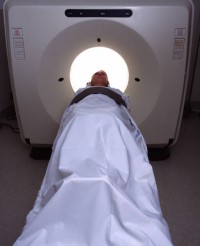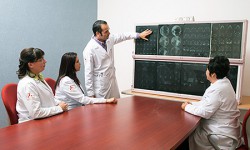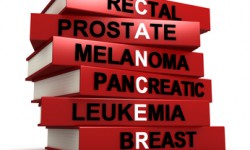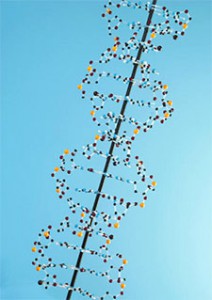
Over the last several years, you’ve heard and read about researchers touting the health benefits of moderate drinking, such as red wine’s positive effects on the cardiovascular system. More recent findings are eroding that advice as evidence shows even light drinking increases the risk of several forms of cancer.
UK changes guidelines for the first time in 20 years
This past January, based on new information the United Kingdom’s Chief Medical Officer announced an update to low-risk drinking guidelines that had been in effect since 1995. The recommended limit of 14 units of alcohol per week is for both men and women, as opposed to the previous different guidelines for each sex.
One unit of alcohol equals eight grams, or approximately two teaspoons of pure alcohol. For comparison purposes, a small glass of wine contains slightly less than two-and-a-half units, while a pint of beer includes two units.
Alcohol increases risk of several types of cancer
Studies have established a clear link between low-level drinking (defined as an average of one drink per day) and higher risk of seven types of cancer: breast, mouth, throat, esophagus, bowel, liver and larynx. Integrative immunotherapy takes into account relevant aspects of your lifestyle, such as your pattern of alcohol consumption, when forming your individual treatment program.
In addition to lifestyle factors, our Issels® integrative immunotherapy programs use detailed information from special testing methods to address your particular needs. Contact us to learn more about our non-toxic protocols and how they can allow you to maintain a higher quality of life during the treatment process.





